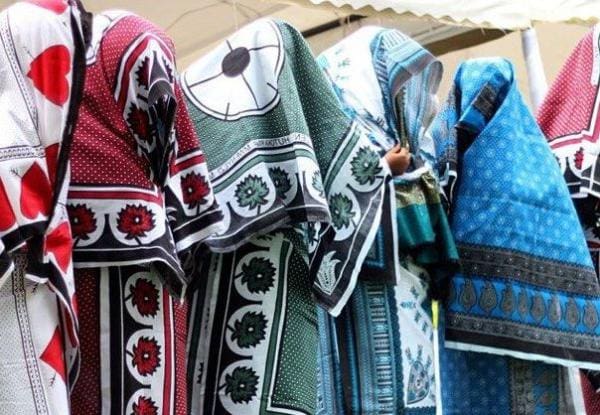
Dowry, or bride price, remains a deeply rooted tradition in many Kenyan communities, shaping marriages under customary law and Islamic law.
Dowry can become a debt depending on whether it was promised and if it should be refunded.
In Kenya, a “promise of dowry” refers to a legally binding commitment made by a groom to pay a bride price (dowry) to the bride’s family, which can be enforced in court even if the couple later divorces; essentially, the promise to pay the dowry is considered a contract that gives the woman or her family a right to receive it.
While historically seen as a symbol of appreciation to the bride’s family, dowry becomes a contested issue when marriages break down.
The question of whether a woman should refund the dowry after divorce has led to multiple legal battles, revealing inconsistencies in judicial interpretations.
In this article, we explore various court rulings on dowry refunds, examining the legal principles applied, the cultural dynamics at play, and how Kenyan courts are redefining dowry obligations in modern marriages.
Dowry Refunds Under Customary and Islamic Law in Kenya
The Marriage Act, 2014, which governs marriage and divorce in Kenya, does not explicitly require dowry payments and so does not regulate dowry refunds.
Instead, courts rely on customary practices and Islamic legal principles when handling dowry disputes.
Under customary law, dowry refunds depend on the circumstances of the divorce. In some communities, such as the Mijikenda, a woman must refund the dowry if the marriage ends in permanent separation.
Other communities, such as the Kamba, hold that a husband is not entitled to a refund if he keeps the children.
Other communities may require refunds if the woman is to get married to another person.
Under Islamic law, a wife who seeks a Khul’a divorce may return the dowry as a condition for the dissolution of the marriage.
However, this is not automatic, and courts have ruled that if a husband mistreats his wife, he loses the right to demand a refund.
The inconsistency in legal rulings shows that courts are moving away from enforcing automatic dowry refunds, instead adopting a case-by-case approach.
Examining Court Rulings on Dowry Refunds
Kenyan courts have ruled on numerous dowry refund cases, with varying outcomes. Below, we analyse key cases that highlight how courts apply legal reasoning to dowry refund claims.
CKN v DMO (Civil Appeal 21B of 2022) [2023]
In this case, the court upheld the lower court’s decision that dowry must be refunded in cases where customary law applies to the marriage.
The court held that under Kisii customary law, returning dowry symbolises the dissolution of a marriage.
It ruled that the wife must return the dowry, regardless of whether she personally received it. Instead, she could sue her parents for indemnity (compensation) if they refused to return the dowry.
The court treated the couple’s union as both a Christian and a customary marriage.
It ruled that the Christian marriage was dissolved by returning the marriage certificate, while the customary marriage was dissolved by returning the dowry.
MIA v AAA (Divorce Cause E005 of 2023) – Islamic Law and Incomplete Dowry
This case was heard in the Kadhi’s Court, where the wife (MIA) sought a Khul’a divorce, which, under Islamic law, allows a woman to seek separation by returning the dowry.
However, the husband (AAA) had not fully paid the agreed dowry, yet he demanded a refund.
The court rejected the husband’s claim, stating that a husband cannot demand a dowry refund if he has not completed paying it.
Civil Appeal 76 of 2019 – Kamba Customary Law and Child Custody
This case involved a dispute over dowry refunds in a Kamba customary marriage. The husband argued that his ex-wife had not returned the dowry after the marriage broke down.
The court ruled that, under Kamba customs, a man cannot claim a dowry refund if he retains custody of the children.
The court also declared that forcing a woman to remain unmarried until dowry is refunded is repugnant to justice and the dowry refund was denied.
Dowry debate today
While some Kenyan customary and Islamic laws traditionally require dowry refunds, courts are increasingly applying modern legal principles to protect women from unfair refund demands.
As courts continue to shape the future of dowry practices, these cases serve as a critical reference point in ongoing debates about marriage, divorce, and gender equality in Kenya.
While dowry has long been a significant part of Kenyan marriages, particularly in customary and Islamic unions, in modern times, it has been criticised for reinforcing gender inequality, treating women as commodities that can be “returned” after a broken marriage.
By
Read the Original article on https://www.pulselive.co.ke/







